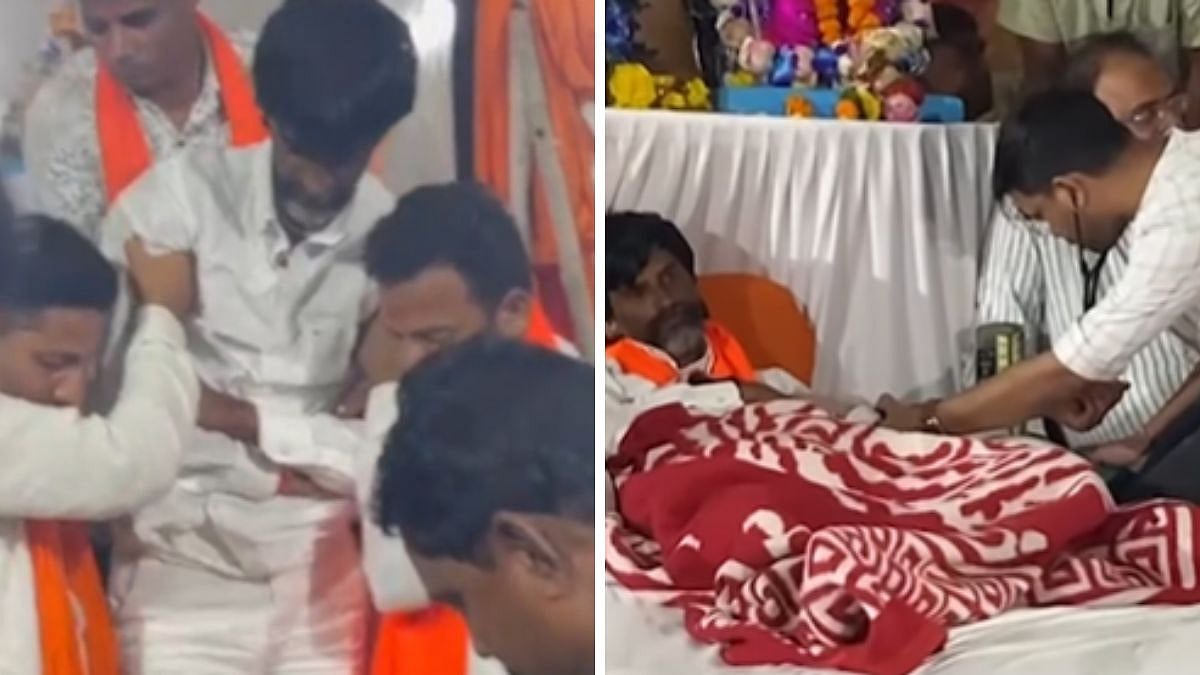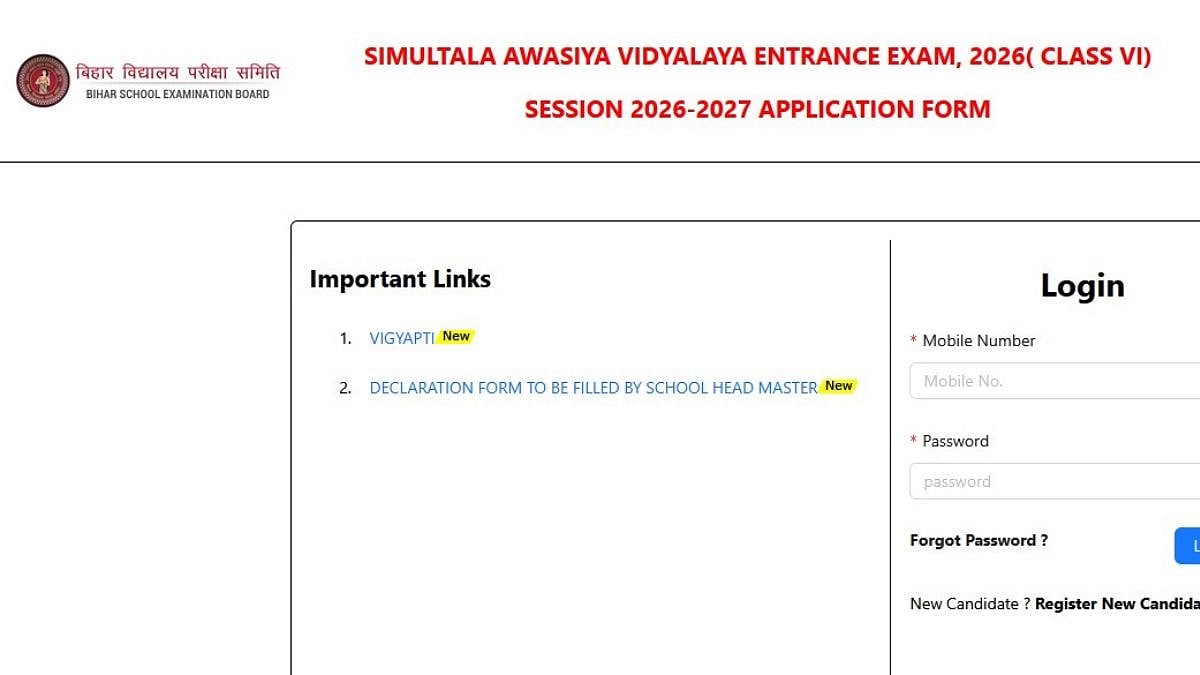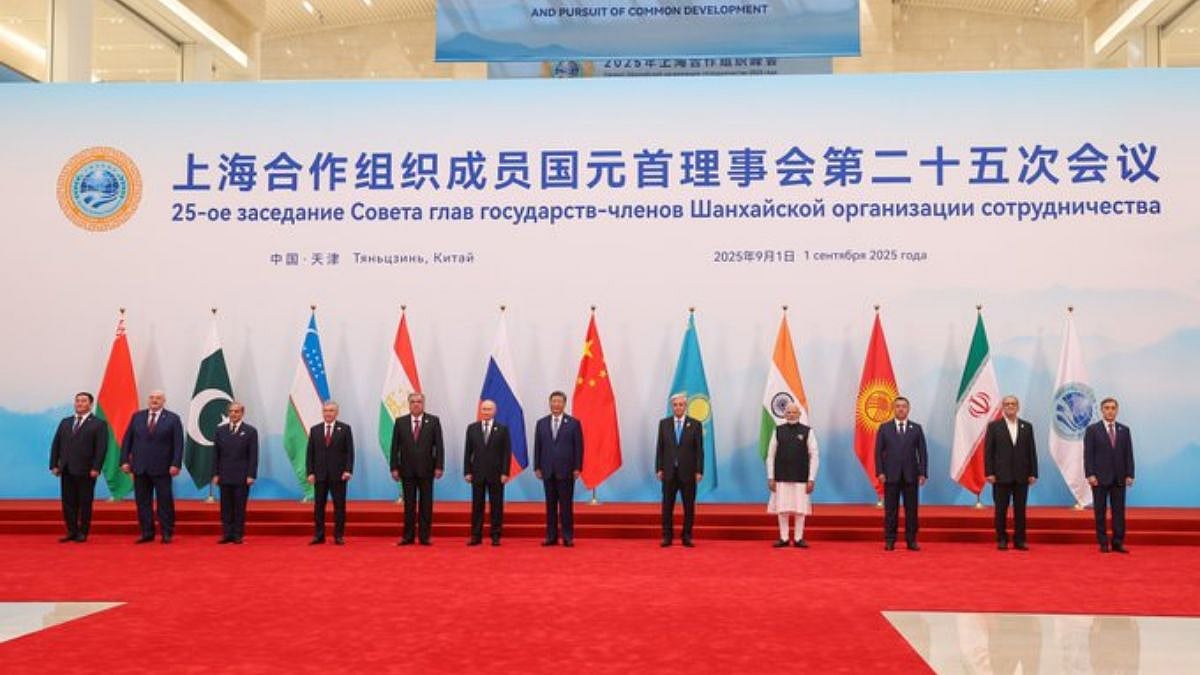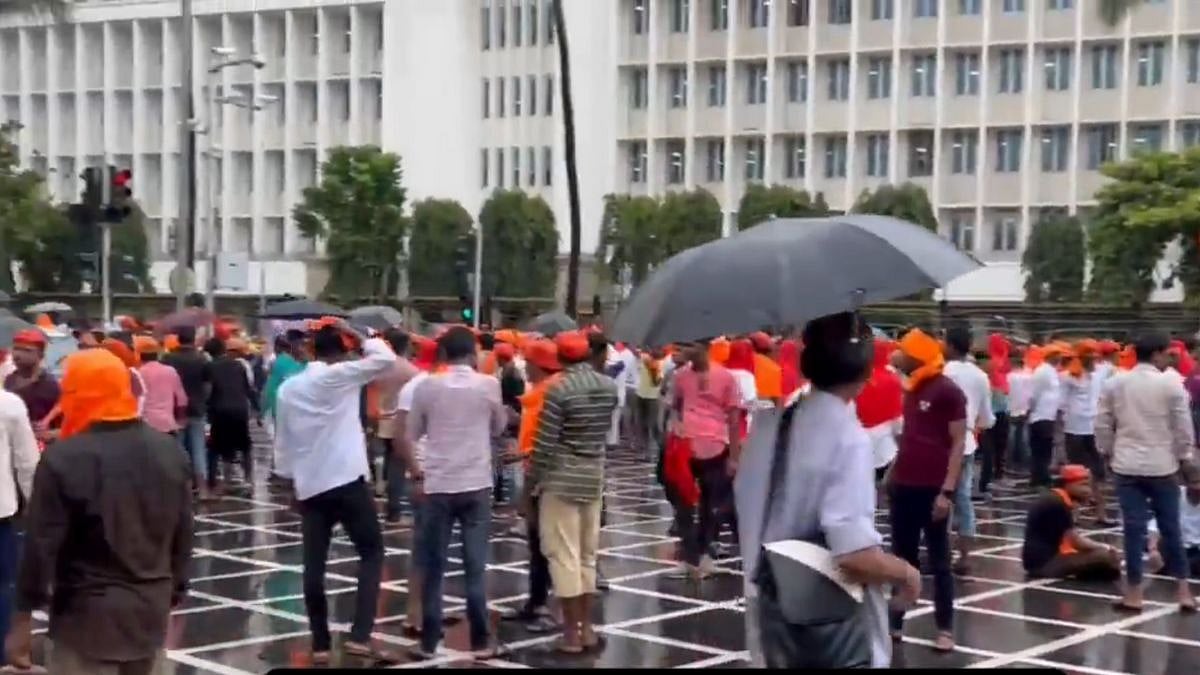Two salient features merit consideration in marking out this landmark 2024 Lok Sabha election. The first concerns the outcome of the election and the second the electoral process itself; both will have a deep impact on the polity for some time to come. The current government entered the election campaign full of confidence that it would unproblematically win an unprecedented third term, with some government members even recently still speaking of breaching the 400 mark of MPs in Parliament, giving it a substantial mandate that some of its supporters argued will enable it to enact constitutional changes. Its many advantages ranging from heavy influence in the media, the freezing of the bank accounts of the main opposition party, the arrest of two Chief Ministers on old charges and the huge disparity in resources available to it as compared to its rivals, gave the government good reason to be confident of a relatively easy and assured victory.
The remarkable thing is that as the election has progressed over the weeks and by the third phase; it became apparent that there was no wave in favour of the government and that many voters, including it’s core social constituencies especially in the heartland regions of Uttar Pradesh (UP) were not only far from being enthused but were rather reluctant to come out and vote. Even in strongholds like Bareilly and Unnao in UP, BJP workers on the ground were finding it difficult to get the party’s core supporters to come out and vote; while many spoke positively about Prime Minister Narendra Modi and UP Chief Minister Yogi Adityanath, they felt that their elected representatives had done little of what they had promised at the local level. This low voter turnout is considered to be a problem for the BJP, the low level of turn is remarkable in itself- in 115 or 27% of the constituencies, fewer people came out to vote than in 2019 in absolute terms, not even in percentages. As some commentators such as Sushant Singh have noted this is an almost unparalleled phenomenon in India's electoral history. Concerns over rising prices, the impact of the Agniveer scheme and most importantly the persistent lack of jobs weighed heavily on voters’ minds. The lack of an immediate polarizing event, such as the attack on Pulwama in February 2019 which killed 40 soldiers in Kashmir and was held to have had a decisive impact in favour of the BJP in the Lok Sabha elections of that year; is also notably absent this time around. This combined with the fact that the BJP has managed to alienate and lost most of its coalition allies, especially in key states such as Maharashtra and goes to the polls, with few parties formally as part of its pre-poll alliance will also be a factor counting against it this time.
While election predictions are always a dangerous game and have been the crepuscular undoing of many well-established pundits; however, it seems safe to say that not only have the BJP’s ambition of building on its 2019 majority now look beyond its reach but that it will struggle to even reach a majority on its own. It is worth bearing in mind that the BJP’s 2019 majority was only 31, though its subsequent behaviour and domination of the political process gave the impression that it had a much larger mandate; having already conquered its heartland regions, it will also find it difficult to expand further in the southern and eastern parts of the country where its appeal has been traditionally more limited. A third term as part of a coalition will significantly limit its freedom of maneuver and place restrictions on its cherished Hindu nationalist agenda, thereby proving a setback for its aim of a long-term transformation of the polity and society. A term in opposition would be an even more significant, but not a fatal, body-blow to such hopes.
The second aspect relates to the actual electoral process. Ensuring a free and fair election in India has always been a struggle, with political parties engaging in a perennial cat and mouse game with electoral authorities and procedures in order to skew the results in their favour. However, this election stands out as M. Rajshekar in an incisive report (“Decoding: 28 Reasons for the Shrinking Credibility of the Electoral Process”, The Wire) notes on top of the traditional electoral malfeasances were added modern malpractices such as excessive overspending, disinformation and communal rhetoric have that proliferated during the six phases of voting so far. Past reforms have also seen the return of old bad practices: rival candidates being compelled to retire; booths being captured; and voters being intimidated. In Surat and Indore, candidates from rival parties and independents dropped out well into the campaign, creating an outcome where the BJP’s candidates basically won unopposed — in Surat, without even any voting. In Surat, opposing candidates said they had been approached by the BJP. In Indore, Congress candidate Akshay Bam joined the BJP after a charge of attempt to murder was framed against him in a 17-year-old case, a day after he filed his nomination. Another antediluvian practice, that of suppressing the votes of marginalized communities, also reared its ugly head: in Sambhal, lathi charged Muslim votes; while in Kaushambi, BJP workers assaulted Dalits for not voting for the party. Names have also been found missing from the electoral lists; in Khajuri, a Muslim-majority area in North East Delhi, polling help desks discovered that a significant number of names of long-time voters had been deleted from the voter list. The noted lawyer and activist, Vrinda Grover, stated that her 89-year-old mother for the first time in her life would not be able to vote, as her name had inexplicably been deleted from the voter list and said that she would pursue the Election Commission in court as to why this had occurred. Voter manipulation continued right up to the very act of voting itself, as in Fatehpur, Uttar Pradesh, a woman voter saying she wanted to press Samajwadi Party’s symbol but a polling officer held her hand and pressed the BJP symbol while in Bhubaneshwar, Odisha, a polling officer had the BJP logo printout with the register /printouts and then pointed at the Lotus symbol repeatedly to asking voters to vote for them, only desisting when one voter raised a hue and cry.
While the net scale of these malpractices can be hard to determine with any high degree of accuracy; however taken as a whole they indicate a clear marginal bias in favour of the BJP. The latter won 40 seats in the 2019 election with a margin of less than 50,000, 13 seats with a margin of less than 20,000 and 10 with a margin of less than 10,000. In tightly fought close elections, this does give the BJP a clear edge and only large margins will be enough to dislodge them from a winning position. The deeper concern is the erosion of established norms regarding fair practices, in the Chandigarh mayoral election in January, the returning officer, affiliated to the BJP, was clearly caught on camera defacing ballot papers to ensure the victory of the BJP candidate. When the Punjab and Haryana High Court declined to intervene, the case reached the Supreme Court, which overturned the result, the Chief Justice of India berating the way the election was conducted commenting “This is a mockery of democracy. This is a murder of democracy.” and recommending the prosecution of the Returning Officer. The alarming aspect was that it took the Supreme Court in a lightning hearing to even correct this egregious and obvious incidence of vote-rigging and that too for just a mayoral election. More tellingly, the BJP itself felt no compunction to acknowledge any wrong-doing despite the brazenness of the act with evidence that it had cheated publicly. The integrity of the voting process, like that of all democratic processes, however imperfect, gives a voice to even the most marginalised and vulnerable participant; it is the collective expression of an individual choice and one of the ways of holding the powerful to account and lessens the fear of those confronted by the leviathan of an all-too-often impersonal and distant State and those who control it. Anything that lessens this fear is an intrinsic good, as the popular dictum about democracy opines “When government fears the people, there is liberty. When the people fear the government, there is tyranny.”
Conrad Barwa is a senior research analyst at a private think-tank, and a senior research associate at the Birmingham Business School


